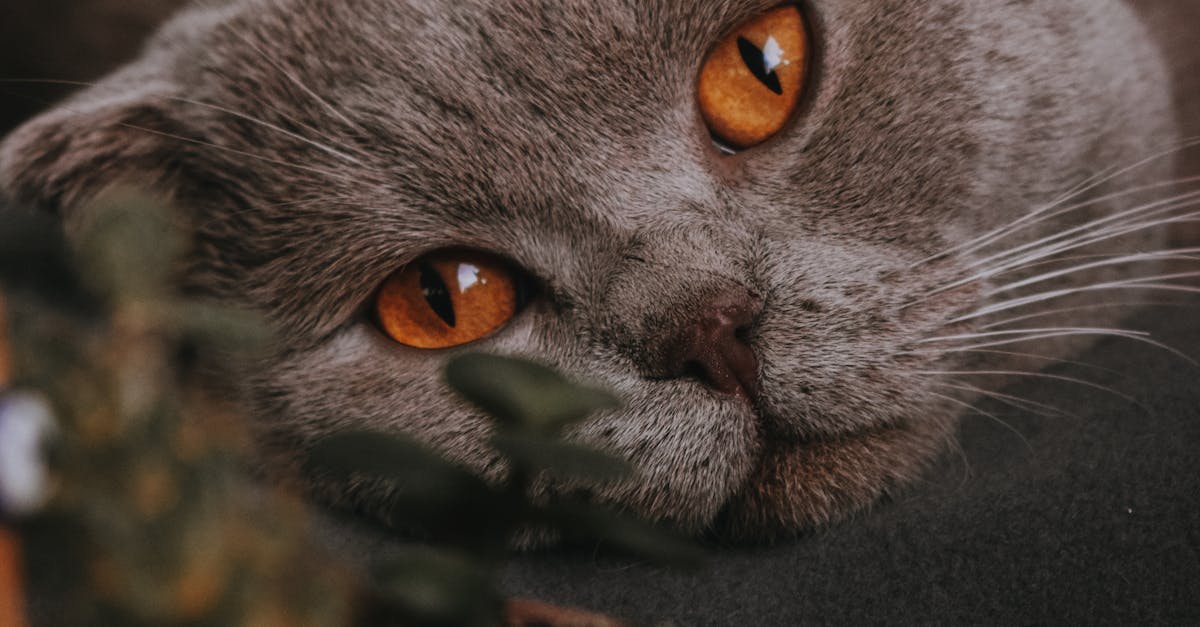I’m really at a loss and need some advice. Our Great Dane, Moose, has been having these weird episodes in the middle of the night where he just seems super uncomfortable—pacing around, drooling more than usual, and trying to throw up but nothing comes out. It freaks me out every time. I’ve read that these could be signs of bloat, and it’s making me anxious because I know how serious that can be for Danes. Someone mentioned getting a preventative gastropexy, but I’m not sure if it’s the right move for Moose. He’s only three years old, and I really want to do what’s best for him, but I’m scared of putting him through unnecessary surgery. Has anyone else dealt with this? Any thoughts or recommendations would be so appreciated.
Appreciate the question — let's unpack this. Gastropexy is a surgical procedure that can help prevent gastric dilatation-volvulus (GDV), commonly known as bloat, which is especially prevalent in large, deep-chested breeds like Great Danes. Bloat can be a life-threatening condition if not addressed quickly, as it involves the stomach filling with gas and potentially twisting.
In terms of prevention, a gastropexy can be an effective way to significantly reduce the risk of the stomach twisting, though it doesn’t prevent the stomach from filling with gas. It's often performed as a preventative measure when a dog is already undergoing another procedure, such as spaying or neutering.
At home, you can reduce your dog’s bloat risk by feeding multiple small meals instead of one large meal, using a slow feeder, and avoiding exercise immediately before and after eating. Always monitor your Great Dane for signs of bloat, such as a swollen or hard abdomen, unproductive retching, restlessness, or excessive drooling.
If bloat is suspected, it’s critical to seek veterinary care immediately. I recommend booking a video consult with Dial A Vet to discuss your dog's specific risks and decide if a preventative gastropexy is right for your Great Dane.
The "Ask a Vet" forum on Dial A Vet offers general information and helpful tips on pet health, but it's
not a substitute for professional veterinary care. The advice here doesn't create a veterinarian-client-patient relationship, and our vets can't diagnose or treat your pet remotely.
For emergencies or specific medical concerns, always contact your local veterinarian immediately. Your pet's health is unique, and decisions should only be made after consulting with a qualified professional. By using this forum, you acknowledge these limitations and agree to seek in-person veterinary advice for all your pet's health needs. View our
content guidelines.



%2520(1).png)
%2520(1).png)



.jpg)








